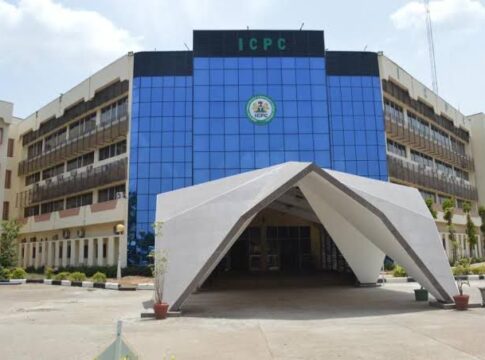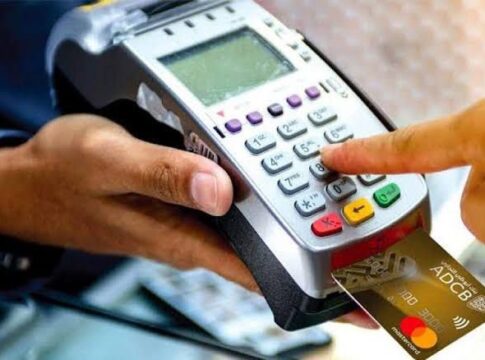Nigeria’s fight against corruption has yielded remarkable results, with the Independent Corrupt Practices Commission (ICPC) recovering N29.7 billion in cash and tracking projects worth N610 billion in just one year, according to the agency’s chairman, Musa Aliyu.
“These recoveries ensure public funds serve the people, not private pockets,” Aliyu said at the agency’s ‘End of Year Engagement and One Year in Office’ event in Abuja on Tuesday.
The ICPC, through its Constituency and Executive Projects Tracking Initiative (CEPTI), recently tracked 1,500 projects across Nigeria under its seventh phase, aimed at improving transparency and accountability in governance.
Over N10 Billion in VAT and COVID-19 Funds Recovered
In addition to the cash recovery, the ICPC retrieved N10.986 billion in unpaid value-added tax (VAT) and remitted it to the Federal Inland Revenue Service (FIRS). Another N10 billion meant for COVID-19 vaccine production was returned to the government treasury.
The commission also recovered $966,900 in foreign currency and finalized the forfeiture of assets valued at N2.5 billion. Public funds amounting to N5.88 billion were saved from diversion through proactive measures.
“We’re not just focused on enforcement,” Aliyu noted. “We’re also building systems to prevent corruption and strengthen public institutions.”
Institutional Reforms and Public Engagement
The ICPC assessed 323 Ministries, Departments, and Agencies (MDAs) through its Ethics and Integrity Compliance Scorecard (EICS) and established 80 Anti-Corruption and Transparency Units (ACTUs). These efforts aim to reinforce governance frameworks across public institutions.
READ MORE: Nigeria’s Power Grid Fails for 12th Time in 2024 Despite Promises of 6,000MW Output
In the last year, the commission investigated 95 cases, filed 72 in court, and secured 16 convictions. Meanwhile, public outreach campaigns reached over 1.45 million Nigerians, including through the youth-focused “Transparency Files” and Ethics Pod initiatives.
Africa’s Cost of Corruption
Sierra Leone’s Anti-Corruption Commissioner, Francis Kaifala, underscored the regional scale of corruption, citing United Nations data showing Africa loses $88.6 billion annually to corruption.
“Public funds are diverted from schools, roads, and hospitals to private accounts,” Kaifala said. “This stolen wealth could eradicate hunger and malaria worldwide.”
In his address, Adebowale Adedokun, Director-General of the Bureau of Public Procurement, emphasized the need for systemic reforms to end procurement fraud. “Corruption undermines our nation’s growth and development,” Adedokun said.
A Call for Collective Action
Ike Neliaku, President of the Nigerian Institute of Public Relations, revealed Nigeria has lost $750 billion to corruption in the last 25 years. “These figures are sourced from reputable organizations like PwC and the Nigerian Bureau of Statistics,” Neliaku stated, urging stakeholders to unite against the menace.
The event concluded with calls for enhanced collaboration among anti-corruption agencies. As EFCC Chairman Ola Olukoyede remarked, “Only through unity can we effectively confront this national crisis.”




